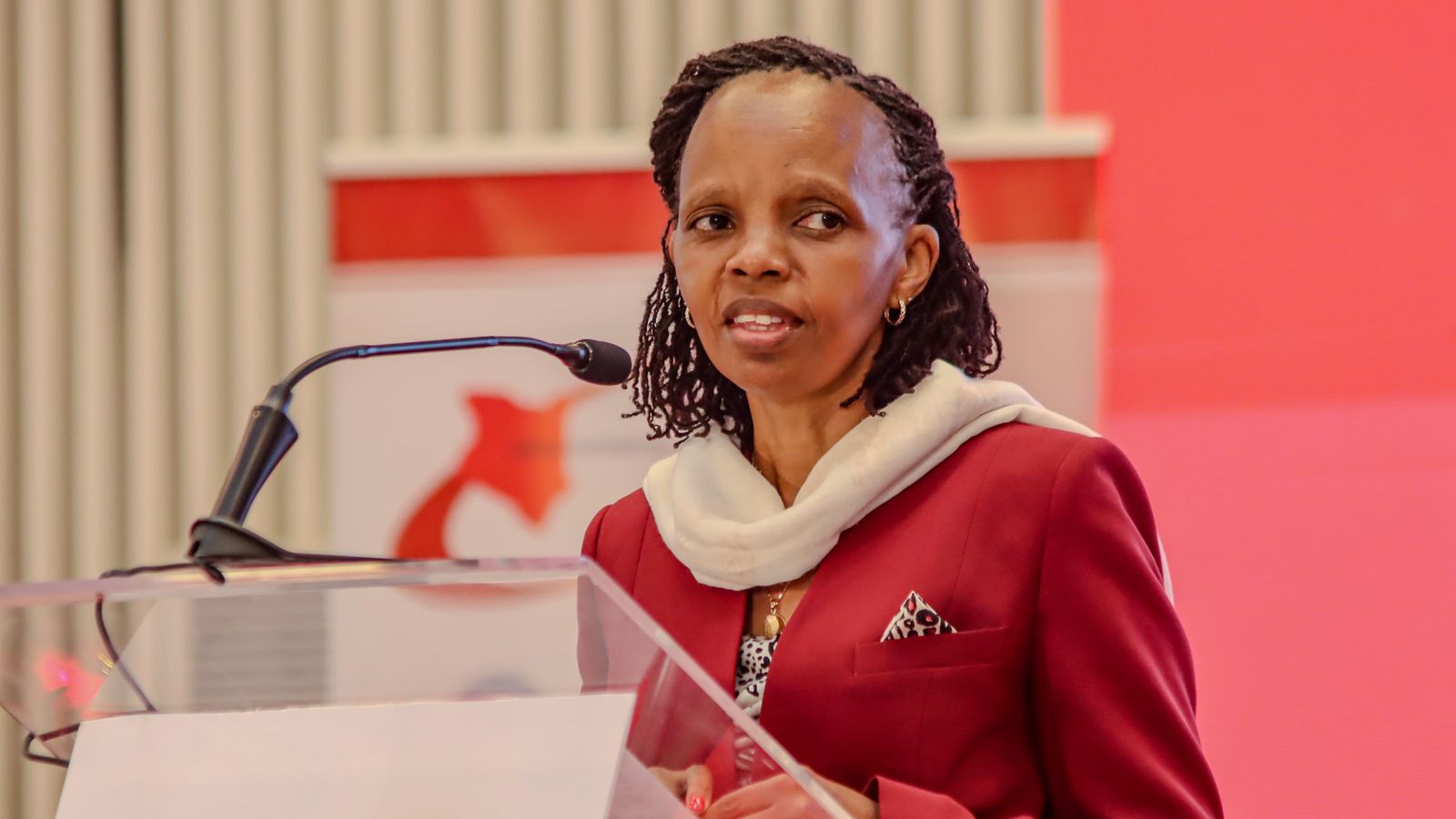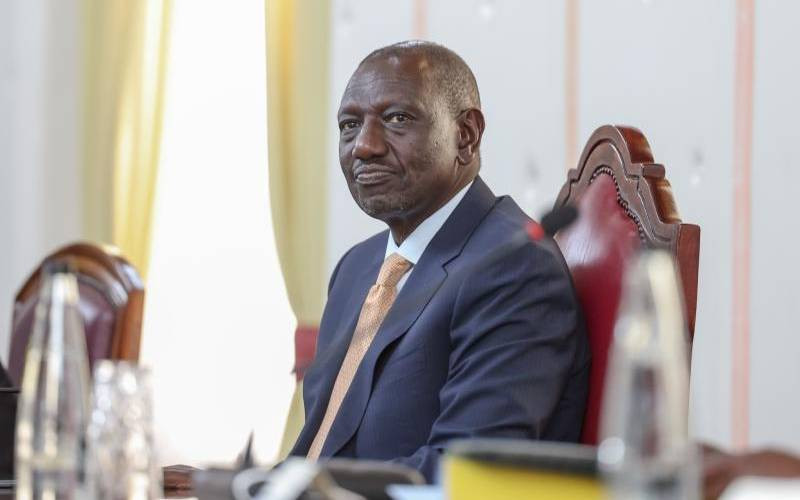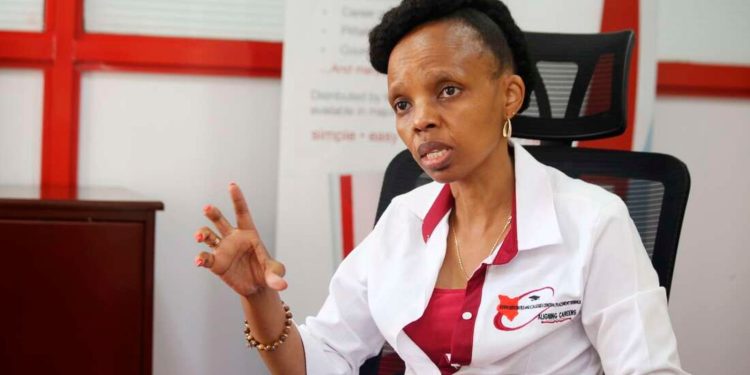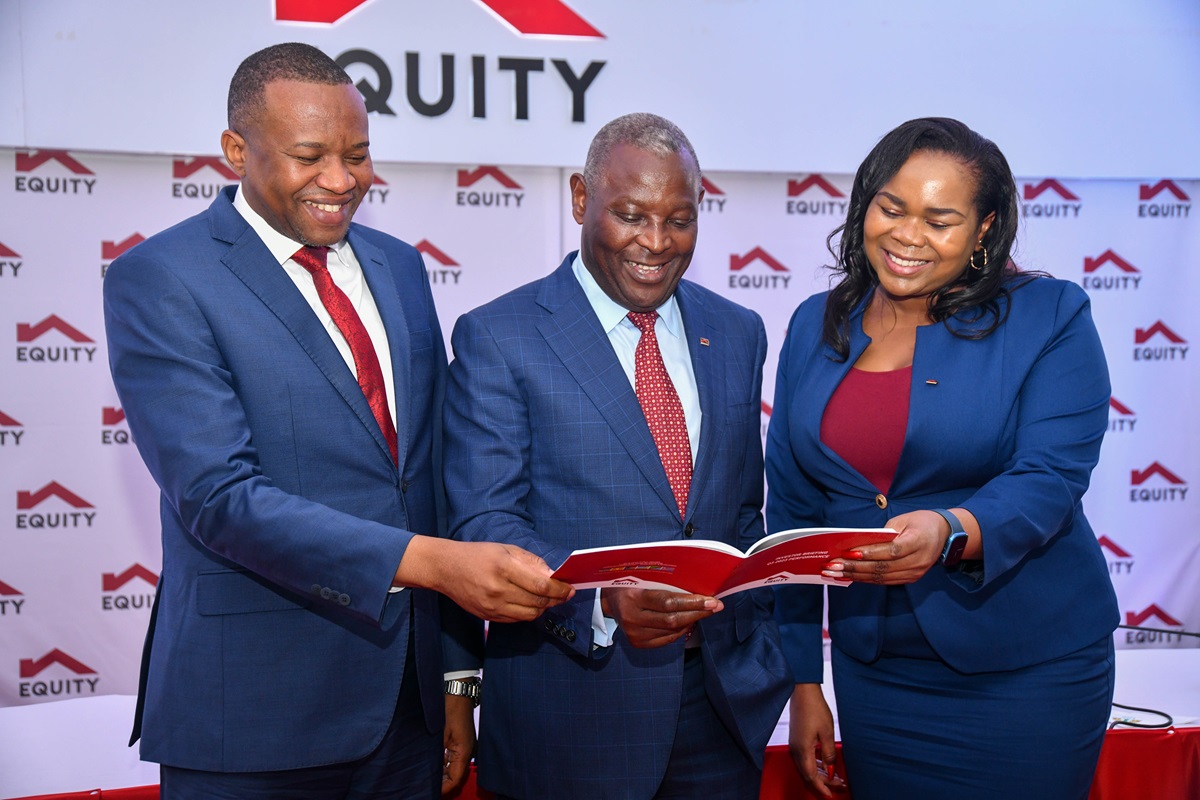In a powerful and timely message to students and parents across the country, Agnes Wahome, the Chief Executive Officer of the Kenya Universities and Colleges Central Placement Service (KUCCPS), has reaffirmed that all university courses are marketable—urging learners to choose programs based on their interests and strengths, rather than societal pressure or popularity.
Speaking on the ongoing university placement season, Wahome expressed concern over the increasing trend of students narrowly focusing on a few popular courses, particularly in medicine, while overlooking hundreds of other valuable programs offered in Kenyan universities and colleges.
“We noticed that students select courses in a way that if you ask them the careers they want to take, they respond that they want to take medicine courses. We place less than 1,000 students across all the universities that offer medicine courses. However, the number of students who apply is more than 10,000,” she explained.
This mismatch between demand and capacity in certain fields, she noted, creates unnecessary frustration and discouragement for many students. Instead of chasing after limited slots in a few “prestigious” courses, Wahome encouraged students to take time to understand the full breadth of opportunities available to them.
No Bad Programs – Only Misunderstood One
Wahome emphasized that there is no such thing as a bad course, asserting that the value of a degree or diploma lies in how the individual applies themselves after graduation.
“There is no bad program, and all of them are good and marketable, depending on what you do with the certificate after school,” she said.
This perspective is supported by growing evidence that success in today’s job market is less about the specific course one takes, and more about skills, creativity, adaptability, and innovation. From agriculture and arts to data science and education, every field offers potential for growth—especially when approached with passion and purpose.

Why Passion Matters
Career experts have long championed the idea of aligning academic choices with personal interests and talents. When students pursue subjects they genuinely enjoy, they are more likely to excel, stay motivated, and find innovative ways to build fulfilling careers.
Choosing a course based on market trends or parental expectations alone can lead to frustration, poor performance, or even career stagnation. On the other hand, passionate graduates often go on to create job opportunities for themselves and others, regardless of the field they studied.
Rethinking What “Marketable” Means
The term “marketable” has often been used to describe courses like medicine, law, and engineering. However, in a dynamic and evolving economy, the definition of a marketable course is changing. Today, digital marketing, coding, agribusiness, environmental science, and vocational skills are becoming just as competitive, if not more.
Moreover, the gig economy and rise of entrepreneurship are opening doors for people with diverse backgrounds. A degree is no longer just a path to employment—it can be a foundation for self-employment, innovation, or community development.
Final Advice to Students
As the KUCCPS placement window remains open, Wahome’s message is clear: explore your options, know your strengths, and choose wisely. Seek career guidance, do your research, and remember that every course has potential when matched with the right mindset and ambition.
“Follow your passion. Use your talents. Build your skills. And most importantly, believe in the value of what you study,” Wahome urged.
Conclusion
The future of work is not confined to a few traditional professions. In an age of rapid change, versatility, passion, and innovation are the new currency. With the right attitude and skills, every course is marketable—and every student can succeed.











































